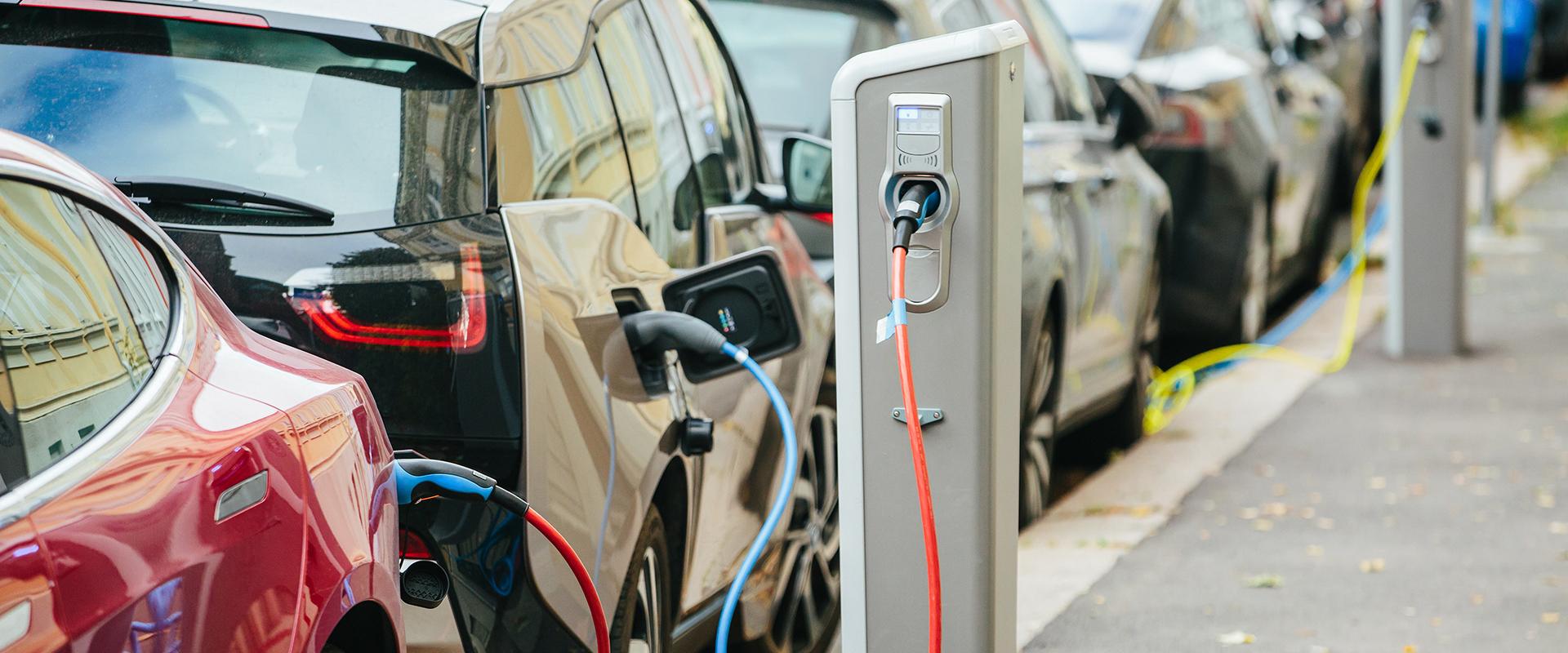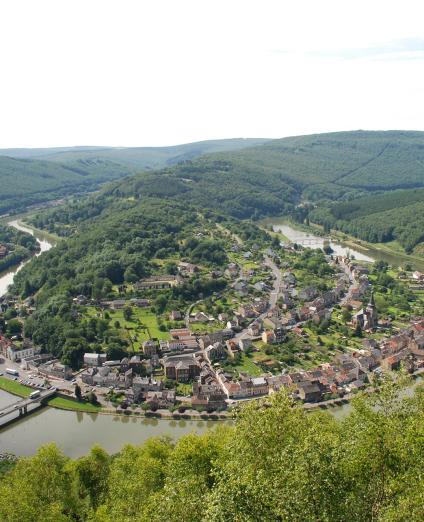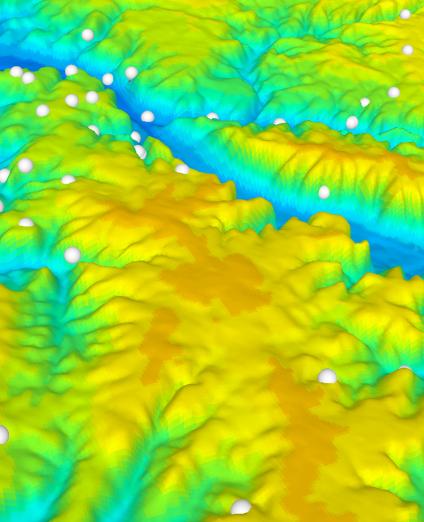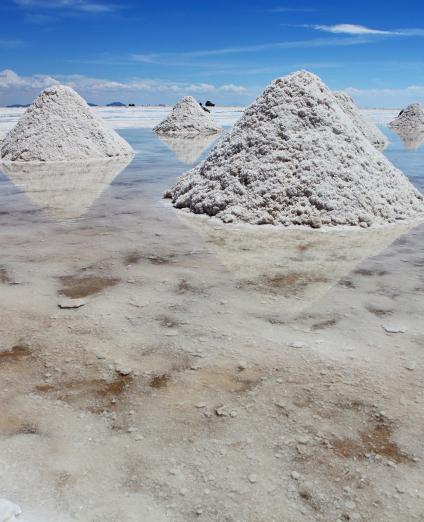Christophe Poinssot, Deputy Managing Director and Scientific Director of BRGM, spoke on the topic of mineral resources at the "Tomorrow's transport" symposium, held on 7 November 2022 in Paris.
Transport is essential to us today: to go to work, to go on holiday or to transport the goods we consume every day. Its importance is reflected in the fact that it currently accounts for more than 25% of CO2 emissions (in France). It contributes significantly to global warming. Moreover, from a health point of view, transport contributes to the scourge of fine particle pollution, particularly in towns and large cities.
Nevertheless, doing without these means of travel is unrealistic. There is an urgent need to move on from an oil and petrol-based model to a much more environmentally friendly low-carbon energy model.









The electrification of transport that has been announced will require a real Copernican revolution, with the need to produce high-performance batteries in large quantities and in a relatively short time that can store a large quantity of energy, and electric motors that can convert it into mechanical force. In both cases, the industry will need large quantities of specific metals in order to have materials available with the right properties for specific uses: rare earths (especially heavy rare earth minerals) for powerful permanent magnets, lithium, nickel and cobalt to produce batteries with sufficient power density, not to mention the many minor metals that are essential for fine-tuning properties for specific uses. Transport electrification will require the corresponding reinvestment in extractive activities on the one hand, to develop a high-performance recycling industry (although this will not be sufficient to meet the need) and, on the other hand, development of our own resources by relocating mining activities locally to help meet our needs without depending entirely on third countries. This presentation will attempt to explain the scientific, industrial and strategic issues at stake and the solutions that France can implement to ensure the energy transition towards low-carbon mobility while maintaining our economic sovereignty.